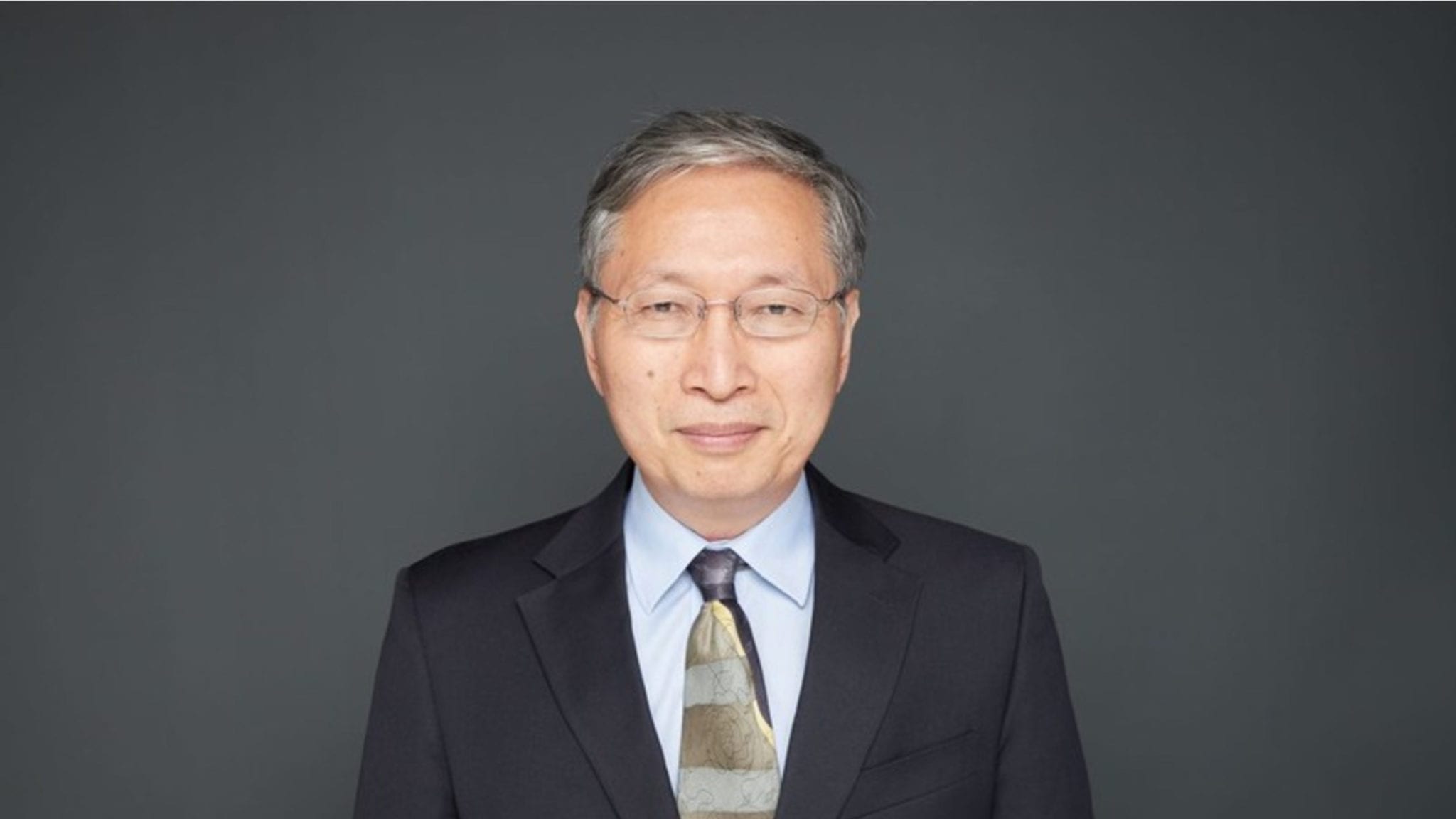
Zaiqi Wang, InxMed CEO
China biotech InxMed bags $19M Series A+ to develop PhI FAK inhibitor
Nearly a year after Nanjing, China-based InxMed bagged its first-ever IND approval, the company has raked in ¥130 million (about $19 million) in a Series …
Sign up to read this article for free.
Get free access to a limited number of articles, plus choose newsletters to get straight to your inbox.